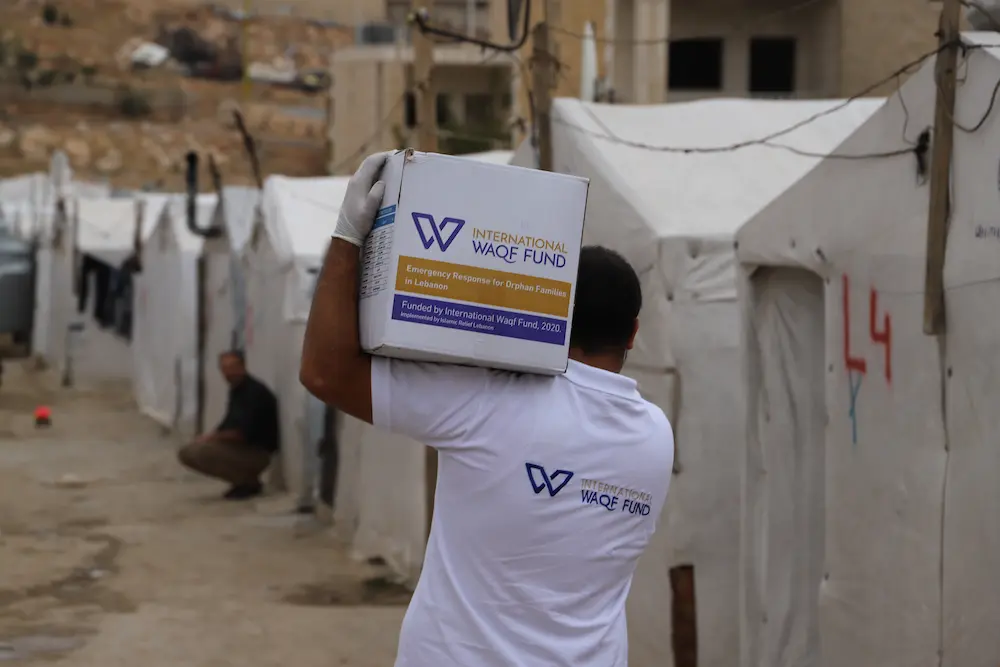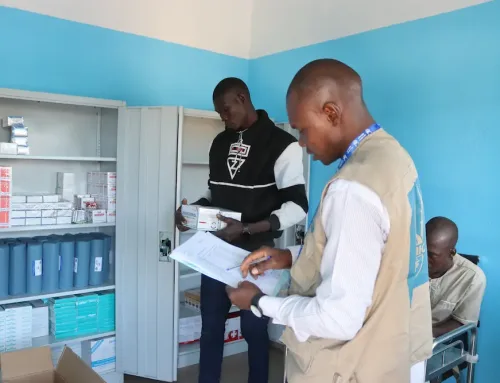The first ten days of Dhul Hijjah are considered the most spiritually significant days in the Islamic calendar. The Prophet Muhammad (ﷺ) said:
“There are no days on which righteous deeds are more beloved to Allah than these ten days.”
(Bukhari)
This sacred period offers a rare opportunity to perform good deeds that are multiplied in reward and elevated in value. Whether or not you’re performing Hajj, these ten days provide every believer a unique chance to connect deeply with Allah.
1. Fasting the First Nine Days, Especially the Day of Arafah
Fasting during Dhul Hijjah is highly recommended, particularly on the 9th day—the Day of Arafah. The Prophet (ﷺ) said:
“Fasting on the day of Arafah expiates the sins of the previous year and the coming year.”
(Muslim)
It is a powerful form of worship that purifies and uplifts the soul.
2. Performing Additional Prayers (Sunnah and Tahajjud)
Voluntary prayers, especially during the night (Tahajjud), are a deeply intimate way to draw closer to Allah. The Prophet (ﷺ) said:
“The closest that a servant comes to his Lord is during the last part of the night.”
(Bukhari and Muslim)
Maximise your connection with your Creator through salah during these blessed nights.
3. Engaging in Constant Dhikr (Remembrance of Allah)
Reciting Takbeer (Allahu Akbar), Tahmeed (Alhamdulillah), Tahleel (La ilaha illa Allah), and Tasbeeh (Subhan Allah) is highly encouraged during this period.
“So remember Allah during the appointed days.” (Qur’an 2:203)
Create a daily habit of glorifying Allah throughout Dhul Hijjah.
4. Reciting and Reflecting on the Qur’an
The Qur’an is the ultimate guide for every believer. Use these days to strengthen your relationship with Allah’s words—recite, reflect, and implement.
“Indeed, this Qur’an guides to that which is most just and right.” (Qur’an 17:9)
5. Making Sincere Du’a (Supplication)
Dhul Hijjah is a perfect time for heartfelt supplication, especially on the Day of Arafah:
“The best supplication is the supplication on the Day of Arafah.” (Tirmidhi)
Pour your heart out to Allah. Ask for forgiveness, guidance, and lasting good.
6. Giving Charity and Sadaqah
Charity carries multiplied rewards in Dhul Hijjah. Consider both immediate needs and long-term impact. The Prophet (ﷺ) said:
“Charity extinguishes sin as water extinguishes fire.” (Tirmidhi)
For a lasting form of charity, consider giving a Waqf (charitable endowment), which continues to benefit communities and brings you ongoing reward (Sadaqah Jariyah).
🔹 Give a Waqf Now and make your charity outlive you.
7. Offering Qurbani (Sacrificial Animal)
Following the example of Prophet Ibrahim (عليه السلام), offering a sacrifice is a key Sunnah of Eid al-Adha:
“It is the Sunnah of your father Ibrahim…” (Ibn Majah)
You can also give a Qurbani Waqf Share to make your sacrifice provide meat every Eid for years to come.
8. Maintaining Family Ties and Honouring Parents
Strengthening kinship ties is an act beloved to Allah. Reach out, forgive, and connect.
“Whoever wishes for his provision to be increased and his life to be extended, let him maintain the ties of kinship.” (Bukhari)
9. Supporting Hajj or Pilgrims
If you’re not performing Hajj, support those who are. This includes financial support, dua, and spreading awareness about its significance.
“Hajj is Arafah…” (Tirmidhi)
The reward of helping others fulfil this pillar of Islam is immense.
10. Repenting and Seeking Forgiveness
The doors of mercy are wide open. Use these days to return to Allah sincerely. The Prophet (ﷺ) said:
“The one who repents from sin is like one who did not sin.” (Ibn Majah)
Seek forgiveness daily and make the most of this divine opportunity.
Final Thoughts: Act Now, Reap Forever
The first ten days of Dhul Hijjah are a divine gift—ten days to transform your life, reset your soul, and build your legacy.
Incorporate these ten deeds into your daily life and share in the blessings that flow from them. To make your worship last beyond the season, consider giving a Waqf that continues giving, even when you no longer can.



